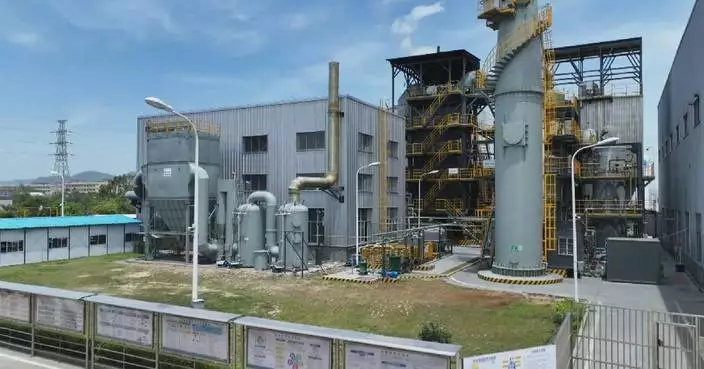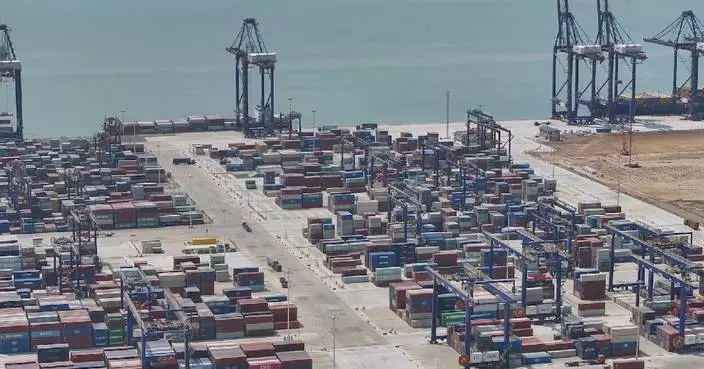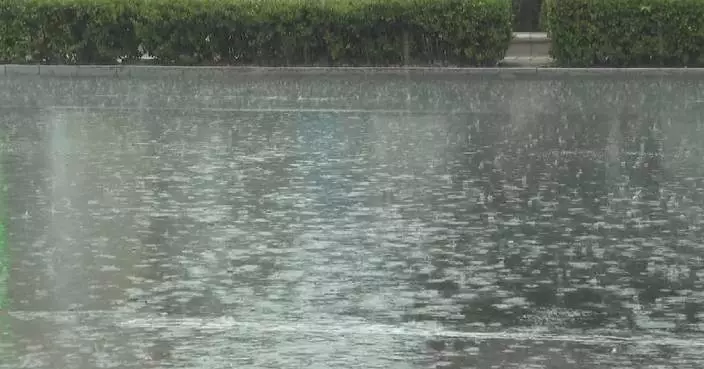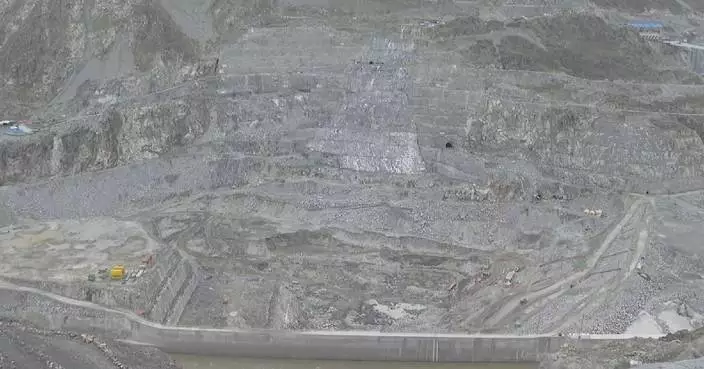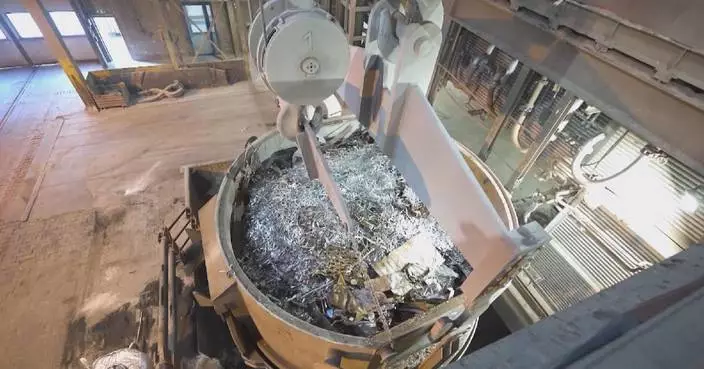During his state visit to China, Kenyan President William Ruto toured Fujian Province between Thursday and Friday to draw developmental lessons for Africa from Chinese modernization, with a particular focus on China's poverty alleviation and clean energy development.
During his stay in Fujian, Ruto toured Fuzhou and Ningde, where he inspected local new energy technology companies and vehicles while visiting exhibitions on poverty alleviation and the 30th anniversary achievements of "3820" strategic project, gaining valuable insights into China's economic and social development.
Ruto said he believed that for Africa, which still faces severe poverty, China's successful experience in poverty alleviation and economic development is highly worth studying. The practice of Chinese modernization in Fujian, ranging from scientific and technological innovation to agricultural industrialization, left a profound impression on Ruto and his delegation.
Ruto paid a state visit to China from Tuesday to Saturday. He is the first African leader to pay a state visit to China after the Summit of the Forum on China-Africa Cooperation held in Beijing in September 2024.
During his visit to China, bilateral relations were elevated to a China-Kenya community with a shared future for a new era, sending a clear signal to deepen China-Kenya relations, build an all-weather China-Africa community with a shared future for the new era, and promote solidarity and cooperation of the Global South.

Kenyan president visits China's Fujian to learn from Chinese modernization
The Yangtze River has seen sustained restoration of aquatic biodiversity since the implementation of a fishing ban, with concrete policies and measures leading to phased achievements, according to the Chinese Ministry of Agriculture and Rural Affairs.
China started to implement the fishing ban in the Yangtze River Basin in 2021 to accelerate the ecological restoration of its aquatic biodiversity and water environment.
Over the past four years, the Ministry of Agriculture and Rural Affairs has been actively rescued flagship species in the Yangtze River, including Chinese sturgeon, Yangtze finless porpoise and Yangtze sturgeon, leading to the continuous recovery of aquatic biodiversity.
"Monitoring data showed that, from 2021 to 2024, a total of 344 native fish species were recorded in the Yangtze River basin -- 36 more species than during the pre-fishing ban period from 2017 to 2020. The aquatic biological integrity index in key water areas of the Yangtze River has shown significant improvement," said Yi Yanrong, deputy director of the Yangtze River Basin Fishery Supervision and Management Office of the Ministry of Agriculture and Rural Affairs.
Meanwhile, the resettlement and support policies for fishermen who have retired from fishing have been effectively implemented.
A total of 145,000 the retired fishermen with the ability and willingness to work have been reemployed, while 220,000 eligible retired fishermen have been enrolled in basic pension insurance, with 12,000 fishermen facing livelihood difficulties included in the subsistence allowance system.
Over the past four years, the Ministry of Agriculture and Rural Affairs, in collaboration with the Ministry of Public Security and the State Administration for Market Regulation, has strictly cracked down on illegal fishing, maintaining overall stability in fishing ban management.
The latest data showed that in 2024, the number of administrative cases related to fishing dropped by 24.7 percent year on year, and in the first quarter of 2025, it decreased by 3.3 percent year on year. The law enforcement and management of relevant authorities have maintained a strong deterrent and high pressure on such cases, effectively curbing general illegal and non-compliant activities.
However, as fishery resources gradually recover, the lure of illegal fishing profits has increased. Criminal gang activities have started to rise, and the underground industry chain of "catching, transporting and selling" has become more concealed.
"We will work together with the Ministry of Public Security and the State Administration for Market Regulation to focus on investigating and cracking down on organized, large-scale and chain-like illegal criminal groups, resolutely cutting off the underground industry chain of illegal catching, transporting and selling [of Yangtze River fish]. We will strengthen law enforcement capacity building, actively promote reward-based reporting systems, improve public participation in crime prevention and control, standardize the management of angling activities by combining regulation and guidance, and carry out the cleanup and rectification of prohibited fishing gear, further eliminate risks and hidden dangers in the fishing industry," said Yi.
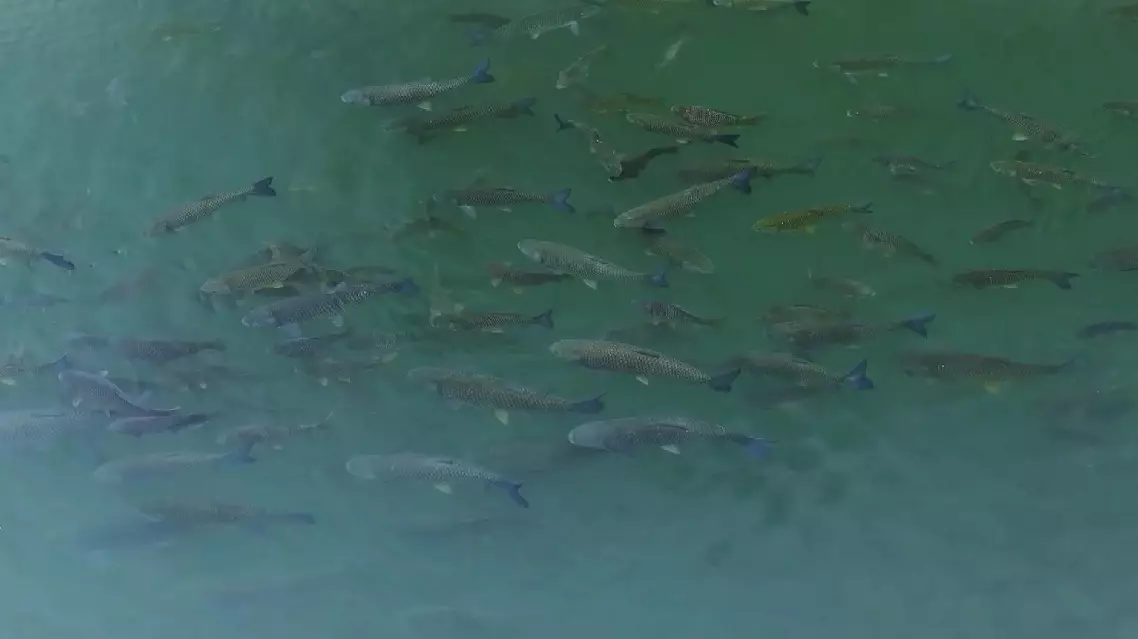
Yangtze River sees continuous aquatic biodiversity recovery since fishing ban






